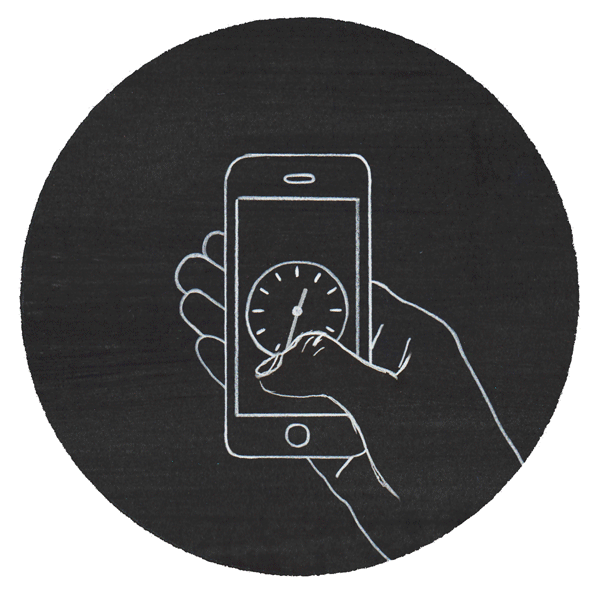The New Social Media Crimes
Nobody wants to be that guy. Here's how to clean up your feed in 2017.
All that connectivity comes with a pretty high cost.

Look, we love our phones as much as the next guy. You can check the weather from bed, read news while stuck in traffic, browse potential romantic partners between appointments, make online purchases while standing in line for coffee and video-chat with your family from opposite sides of the globe. Hell, we're a digital publication and chances are a fair amount of you are reading this on your mobile device right now. So we're not here to sing the praises of some bullshit "digital detox."

But there's no getting around the fact that the more everyone's face is hidden behind a screen, society as a whole seems to be getting ruder and more oblivious. And there may be an even higher cost to all this connectivity. New research from the University of Texas at Austin has found that simply having your phone near you all the time significantly reduces your cognitive capabilities.
"Smartphone owners interact with their phones an average of 85 times a day, including immediately upon waking up, just before going to sleep, and even in the middle of the night," writes Adrian Ward Ph.D., lead author of the study. "And [the device] almost never leaves one's side." So the researchers did two studies on almost 800 subjects, with the first one testing cognitive abilities on a computer while either having their phone on the desk next to them face down, in their pocket or bag, or in a separate room, with all set to silent mode. That experiment showed that those with the phone in the other room scored much higher on the brain game.
“
As the smartphone becomes more noticeable, participants' available cognitive capacity decreases," says Ward. "Your conscious mind isn't thinking about your smartphone, but that process—the process of requiring yourself to not think about something—uses up some of your limited cognitive resources. It's a brain drain.”
Even when the phones were turned off (but still near the participants), the researchers found that the devices exerted a gravitational pull on the participants' attention. "It's not that participants were distracted because they were getting notifications on their phones," says Ward. It's because we have an almost involuntary expectation that these devices have all the information or answers we desire. So even if it's turned off or silent, it tends to pull your focus away from the task at hand.
So if you're hoping to prevent this "brain drain" and boost your cognitive function, especially at work or when you're out with your significant other, try leaving your phone in another room, tucked away in your car or locked in a drawer. When you realize that you don't have immediate access to it, you free up your brain to focus solely on what's in front of you.
The percentage of Americans that say they couldn't live without their smartphones.
(Source: Pew Research Center)